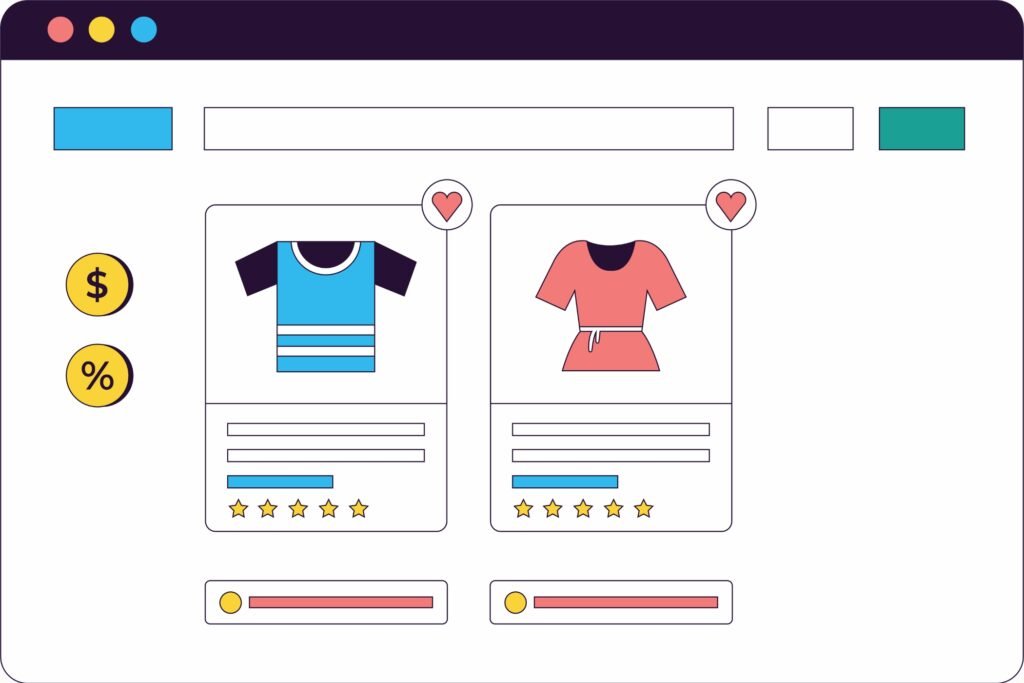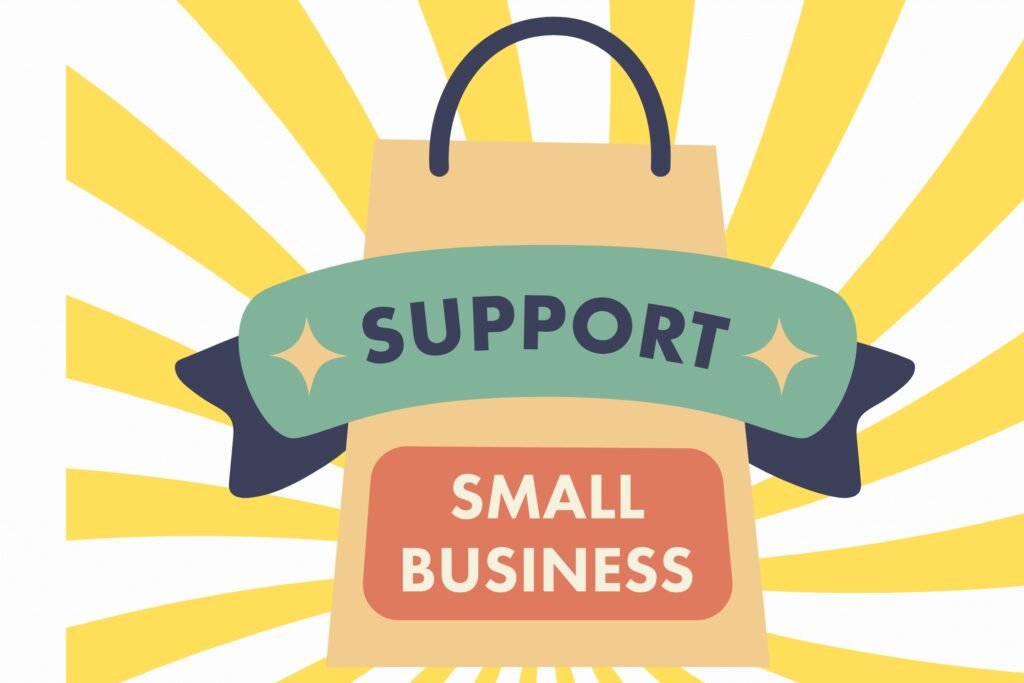2. Domain Name and Hosting Fees
Every website needs a domain name and hosting service. The domain is the website’s address (e.g., www.yourbusiness.com), while hosting is where your site’s files are stored and accessed online.
-
Domain names typically cost between $10 and $50 per year, depending on the popularity of the name.
-
Hosting costs vary based on the service provider and the level of performance you need. Basic shared hosting can cost as little as $3 to $10 per month, while more robust solutions like dedicated hosting may cost $100 or more per month.
Pro Tip: Invest in good hosting. A slow website can hurt your SEO rankings and frustrate visitors, potentially losing you business.
3. Website Design and User Experience (UX)
Design plays a crucial role in how your website will engage visitors and convert them into customers. High-quality web design can improve user experience, making it easier for users to navigate, access information, and trust your brand.
-
Basic website templates: You can use pre-designed templates from platforms like WordPress, which can significantly reduce costs. These typically range from $500 to $2,000.
-
Custom web design: If you want something unique and tailored to your brand, a custom design can cost anywhere from $2,500 to $10,000 or more, depending on the level of complexity and interactivity.
4. Content Creation
Your website’s content—whether it’s the text, images, videos, or infographics—plays a key role in attracting and engaging visitors. You may need to hire content creators, photographers, or copywriters to produce professional, SEO-optimized content.
-
Copywriting services can range from $50 to $300 per page, depending on the complexity of the content and the expertise of the writer.
-
Custom photography or videography: This can add an additional $500 to $5,000, depending on the number of assets you need.
If you decide to create the content yourself, keep in mind the time investment, as well as the importance of making your content professional and compelling.
5. Search Engine Optimization (SEO)
SEO is critical for driving organic traffic to your site and ensuring your business is discoverable on search engines like Google. Investing in SEO is a long-term strategy to ensure that your website ranks well and attracts more visitors over time.
-
Basic SEO setup (keyword research, on-page SEO, and meta-tagging) can range from $500 to $1,500.
-
Comprehensive SEO services that include ongoing optimization, content marketing, and link building can cost $2,500 to $10,000 per month, depending on the competitiveness of your industry.
Note: SEO should be integrated into your website’s design and development from the start to avoid costly fixes later on.
6. E-commerce Functionality
If you’re selling products or services online, you’ll need to integrate e-commerce functionality into your website. This involves setting up a payment gateway, shopping cart, and inventory system.
-
Basic e-commerce platforms like Shopify or WooCommerce start at around $500 to $5,000 for setup, but additional customization can push this to $10,000 or more.
-
Advanced e-commerce features, like custom integrations with CRM systems, advanced product filters, or subscription models, will add to the cost.
Pro Tip: Choose an e-commerce solution that can scale with your business. While the upfront cost might be higher, it’ll save you from costly migrations later.
7. Content Management System (CMS)
A content management system (CMS) is the backend platform that allows you to update your website easily without needing to code. Popular CMS platforms like WordPress, Joomla, or Drupal come with varying costs depending on your needs.
- Basic WordPress sites can be set up for as little as $1,000 to $5,000, while a custom CMS development can cost anywhere from $5,000 to $20,000.
If you plan on frequently updating your website, investing in an easy-to-use CMS will save you time and money in the long run.
8. Mobile Optimization
With more people browsing the internet on mobile devices, mobile optimization is no longer optional. Ensuring your website looks and functions well on smartphones and tablets is crucial.
- Mobile-responsive design is typically included in modern web design packages, but if it’s not, expect to pay an additional $1,000 to $3,000 for mobile optimization.
Without a mobile-friendly site, you risk losing a significant portion of potential customers and facing penalties from Google’s mobile-first indexing.
9. Maintenance and Support
Once your website is live, ongoing maintenance is essential to keep it running smoothly. This includes tasks like updating software, fixing bugs, optimizing performance, and keeping your website secure from threats.
-
Monthly maintenance fees typically range from $100 to $500 per month.
-
For more complex sites, especially e-commerce or membership-based platforms, maintenance can climb to $1,000 or more per month.
Tip: Regular updates and backups are crucial to avoiding costly downtime or data loss.
10. Additional Features and Plugins
Finally, any additional features or plugins you add to your site can significantly impact the cost. Some common add-ons include:
- Social media integration
- Email marketing tools
- Analytics tools (Google Analytics, Hotjar)
- Live chat or chatbot integration
These features can range from $50 to $1,000, depending on the complexity and the level of customization required.








